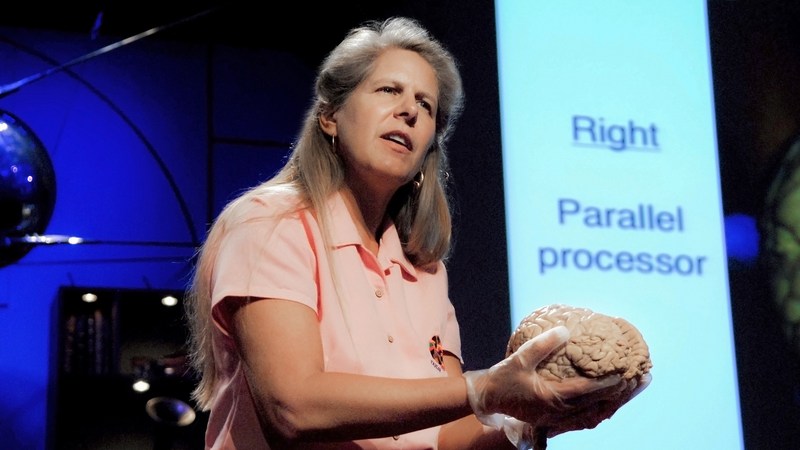This post is also available in Dutch .
Around eight years ago, in my final year of high school, I discovered TED.com. One of the first mini-lectures that really captivated me was the one below. Jill Bolte Taylor, a neuroscientist, author and public speaker, talks about her stroke and the insights she gained from it. Enjoy.
My initial reaction is: wow, what an amazing story. On second thought: what in the world is she talking about? How can a scientist, trained in objective and clear thought, resort to such fuzzy and subjective language when describing what it’s like to have a mind?
It must have to do with humility. Science is a powerful tool to describe the world around us. Science has brought us many things: medicine, industry, computers. But science has its limits, too. Some questions cannot (yet) be answered by science. What is the realm in which mathematics exists? How does quantum entanglement work? And in cognitive neuroscience: How can we explain consciousness?
I’m not saying that science will never be able to take a stab at these issues. In fact, scientists around the world are working hard on getting answers! But until we’re truly satisfied by the results (and I doubt if we ever will be), we should allow ourselves to be wowed by the awesome experience of living.
Science, in the end, is fueled only by wonder, awe and intuition. And the day we drown these instincts in an ocean of heartless empiricism is the day we stop reinventing ourselves. That’s the truth that Jill Bolte Taylor dared to show us. And that’s the truth we need, if we are to be successful scholars and scientists.
This blog was written by Jeroen.
